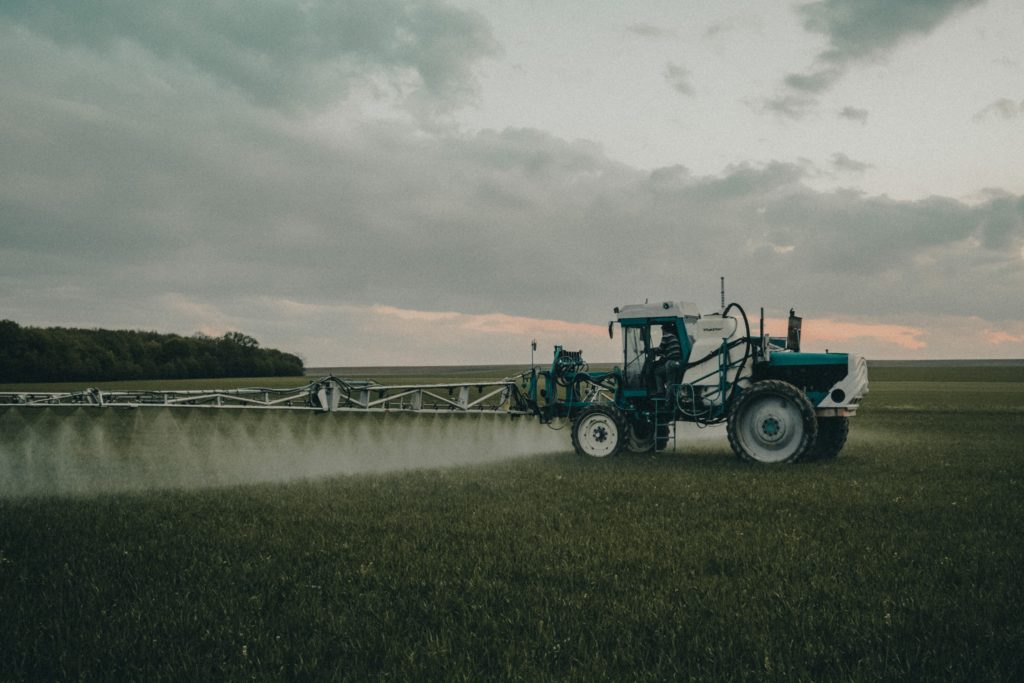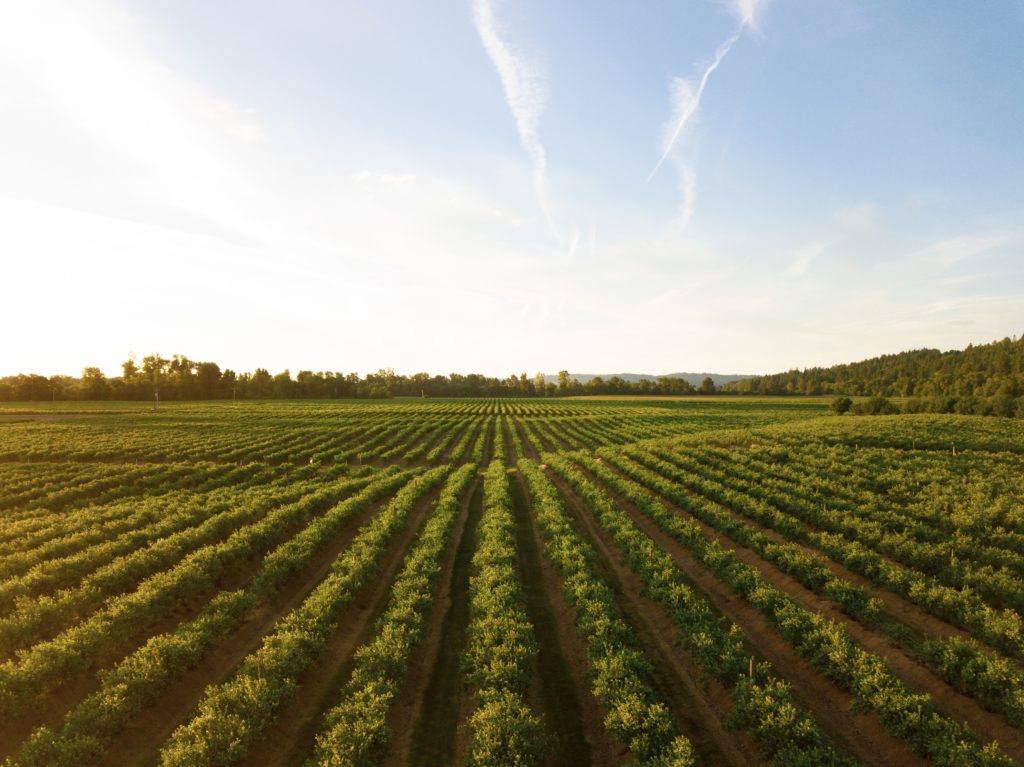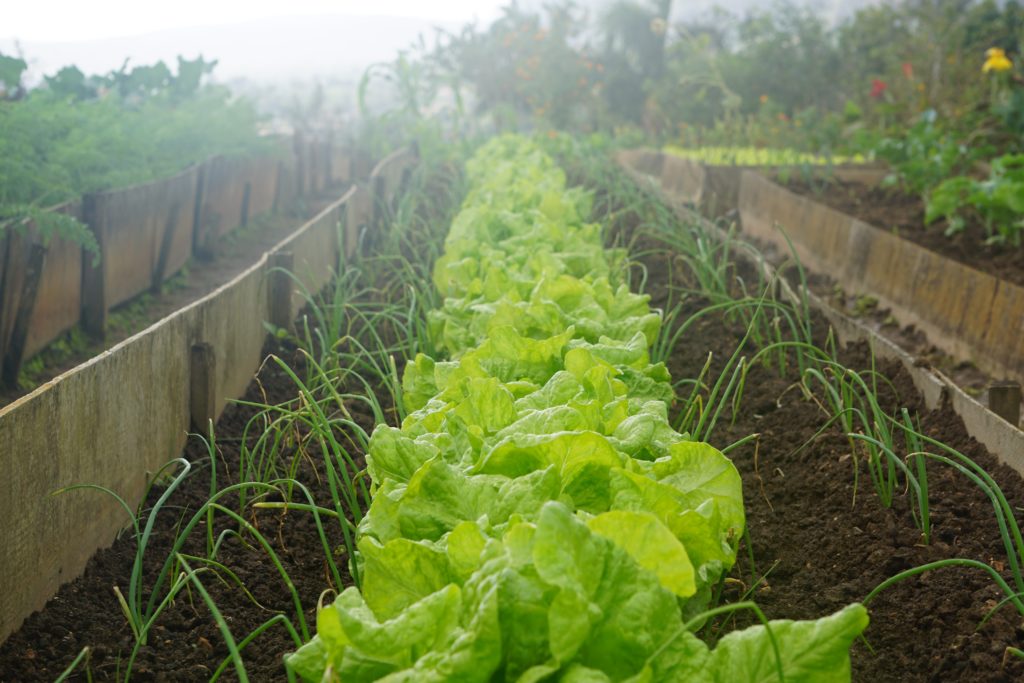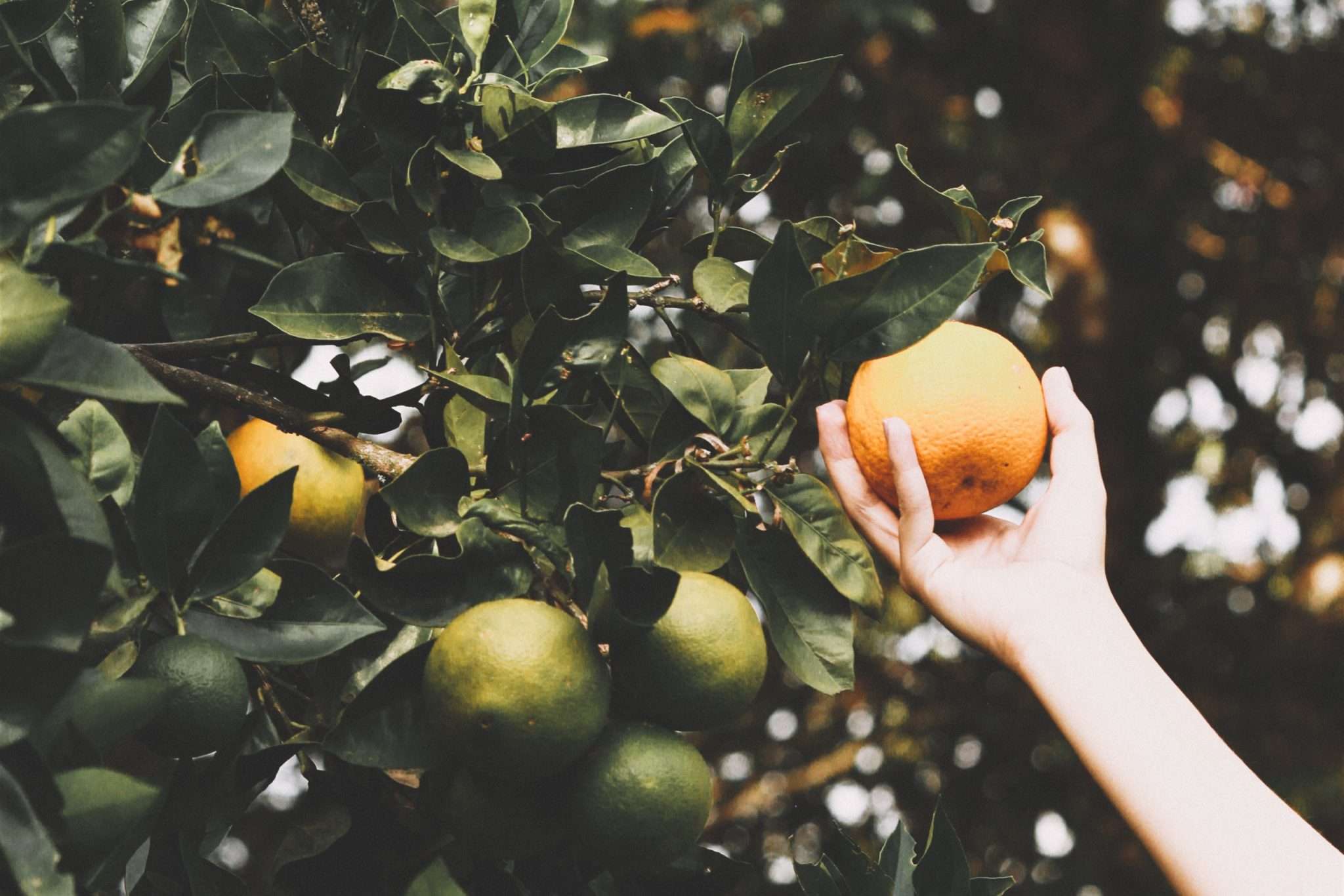Is organically grown food a basic human right? With science pointing to human health and planetary benefits, one scientist makes the case for it.
Pesticides and herbicides are big business. And they’re all up in your business, too—like it or not. They dictate most of modern farming; the chemical agriculture industry was valued at $58.38 billion in 2019, and is anticipated to expand at a CAGR of 3.3% between 2020 to 2027. In other words: we eat a lot of chemicals designed to kill things.
Europe, which leads the shift away from chemical agriculture toward more organically grown food, is planning to reach 25 percent organic production by 2030. This shift is already underway in France’s wine regions, with 100 percent compliance targets in some parts of the country. But the U.S. still lags behind, with less than one percent of total farmland in America certified organic.
Kendra Klein, a senior scientist from Friends of the Earth US, told New Internationalist that needs to change. She says that access to organic food—food that’s free from most synthetic pesticides, herbicides, fungicides, and fertilizers—is a human right.

A recent study on diet and chemical exposure confirms Klein’s leanings. That study found trace residues of the herbicide, glyphosate, best known as Bayer-Monsanto’s Roundup, decreased 70 percent in people who went on an all-organic diet.
The peer-reviewed study looked at chemical levels in four American families over the course of six days. They were compared to a non-organic diet for the same period. In just six days, glyphosate levels dropped 70 percent when non-organic foods were replaced with organic options.
Small chemicals, big consequences
These chemicals, even in small doses, have big consequences. A recent landmark decision brought a nearly $300 million judgment to a California man. Dewayne Johnson was diagnosed with non-Hodgkin’s lymphoma as a result of exposure to Roundup.
“The UN rapporteur on food released a report a few years ago on the freedom from pesticides exposure as a human rights issue all throughout the supply chain,” Klein says. “Farmers and farmworkers are on the frontline of exposure. Farmworkers are vulnerable because they don’t have decision making power over what pesticides are being used and often don’t know what they are being exposed to.”
According to Klein, those working close to chemicals experience higher rates of disease including cancer, asthma, and Parkinson’s disease. “And when we move through the food chain and we think about eaters and think about people who don’t have access to organic food, that’s a human rights issue.”
While pesticide and herbicide producers have long argued that small doses aren’t damaging, data continue to point to the contrary.
“At different points in our lives we’re more vulnerable to toxic exposures, and that’s in utero, childhood and adolescence when our bodies are rapidly developing,” Klein says. “At those points of development very small exposures can actually lead to lifelong problems. These factors are often not accounted for by safety regulations because they are set for a healthy adult eater.”

Damage from these endocrine-disrupting chemicals can include metabolic issues, reproductive issues, neurological disorders, and cancer.
Scientists say the “chemical soup” most of us are exposed to on a daily basis is possibly an even bigger concern.
“We know exposure to multiple pesticides can amplify the negative impacts of each one. Another reason why we are concerned about small exposures is the science on endocrine disruptors – chemicals that can mimic, block or scramble the hormone messages of our body,” says Klein.
These chemicals tend to affect BIPOC communities at greater levels, too.
“BIPOC workers and rural communities suffer disproportionately from unsafe pesticide use on conventional farms,” reports GreenBiz. “Organic soils tend to be healthier, increasing their resilience to extreme weather events such as floods and droughts — an essential consideration as the impacts of global warming will intensify over the coming decades. In low and middle-income countries, moving to industrial agriculture doesn’t tend to deliver an overarching improvement in local communities’ social, economic and environmental conditions.”
There are other exposure risks, too. Some of those aren’t so easy to avoid, such as in parks and playgrounds, or chemicals in home gardens and lawns.
But exposure in food is a big issue and one we can most easily address. So why are we still using these chemicals in food production?
“That is the fundamental question about industrial agricultural systems,” Klein says. “In the past three of four decades, the use of toxic pesticides have increased despite having a growing body of scientific evidence telling us how harmful these chemicals are.”
Small food for a big world
Klein says there’s a myth that we need pesticides in order to feed the world. She says it’s a pervasive belief. And it’s wholly untrue.
Data back her up. Studies have found that smaller, organic producers can be more beneficial to local food systems and ecosystems. They produce healthier soil and sequester more carbon as well as producehigher quality food.

“The current system is sawing off the branch we’re sitting on by destroying the biodiversity, soil, water and climate we need to keep growing food. If we want to continue feeding all people, we will need to rapidly shift from a pesticide-intensive system to an organic system and that is a major paradigm shift. We will need to think differently about what is good agriculture,” Klein says.
“We think about organic food as if it’s a shopping preference, and it has this tarnish of elitism, because it often is more expensive. But really, it’s a public good. This is about protecting the entire public from exposure to pesticides that we know are harmful to our health.”


